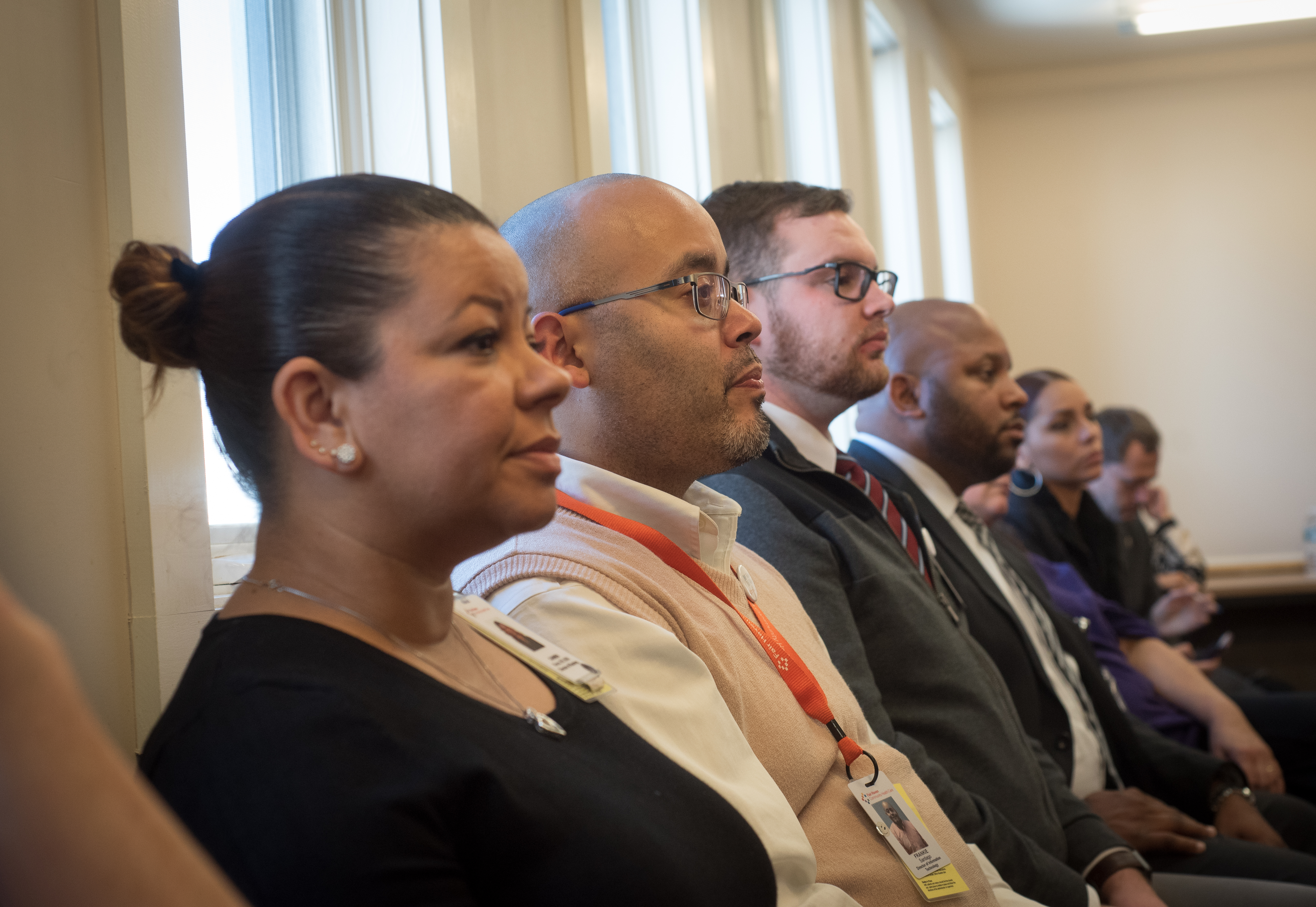>>> Download our 2024-2028 strategic priorities
We envision a Connecticut where everyone — regardless of race, ethnicity, and socioeconomic status — can be as healthy as possible. To make this a reality, we focus on four areas that are critical to ensuring that the next generation will not face the same persistent racial and ethnic health disparities as their parents.
Good health requires having access to care. Our vision is that everyone in Connecticut will have health care coverage, and our five-year goal is to expand options for those who do not currently have any.
Having health insurance is critical to staying healthy and managing illnesses. Research shows that people without insurance are less likely to receive preventive care and have worse clinical outcomes from chronic diseases.
Most undocumented residents above age 13 are ineligible for Medicaid and are prohibited from purchasing coverage through the state’s health insurance exchange. People with incomes just above the limit for Medicaid and Covered Connecticut also struggle to afford insurance.
Our long-term vision is for community health worker services to be widely available to state residents, integrated into the health care and social service systems, and supported by sustainable payment.
Community health worker services are widely recognized as one of the most effective tools for advancing health equity. These services can help people get holistic care and make sure their needs are met in ways that are respectful and culturally responsive.
Historically, community health worker services have not had a sustainable source of funding, making the roles uncertain and hard to integrate into care on a regular basis.
Our vision is for all pregnant people of color to have the opportunity for a healthy pregnancy, birth, and start to parenthood.
Maternal health is a key indicator of a society’s health and development. It’s critical to assure the health of the next generation.
Maternal health disparities are some of the most severe in the U.S. In Connecticut, Black women are nearly three times as likely to die within six weeks of childbirth as white women. Research shows that maternal health disparities cannot be explained by income and education.
Advancing health equity requires a strong field of advocates, reliable information, and the ability to analyze data on patients’ race, ethnicity, and language preference. We think of these things as the infrastructure needed to achieve health equity.

By many measures, Connecticut is one of the nation’s healthiest states. Yet a closer look at health data reveals major disparities in health by race and ethnicity.